Category: ICTD
-
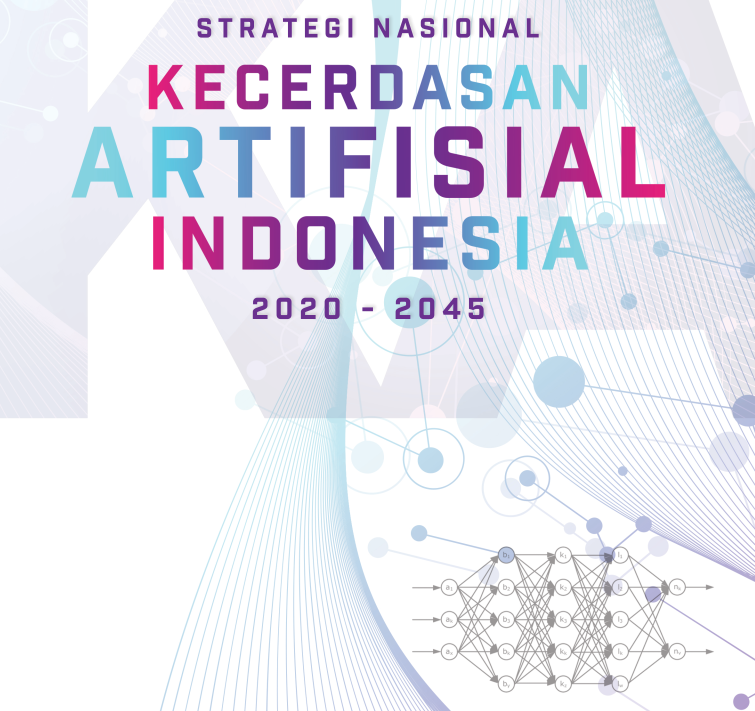
AI National Policies – III
Policy Evolution Comparatively speaking, AI national policies and strategies have evolved much slower than other digital strategies such as ICT, Digital Government, and Open Data. That might seem paradoxical given the systemic benefits and risks of the revived and now resurgent technology, undoubtedly more significant than any previous innovations. Nevertheless, in the early days, skepticism…
-
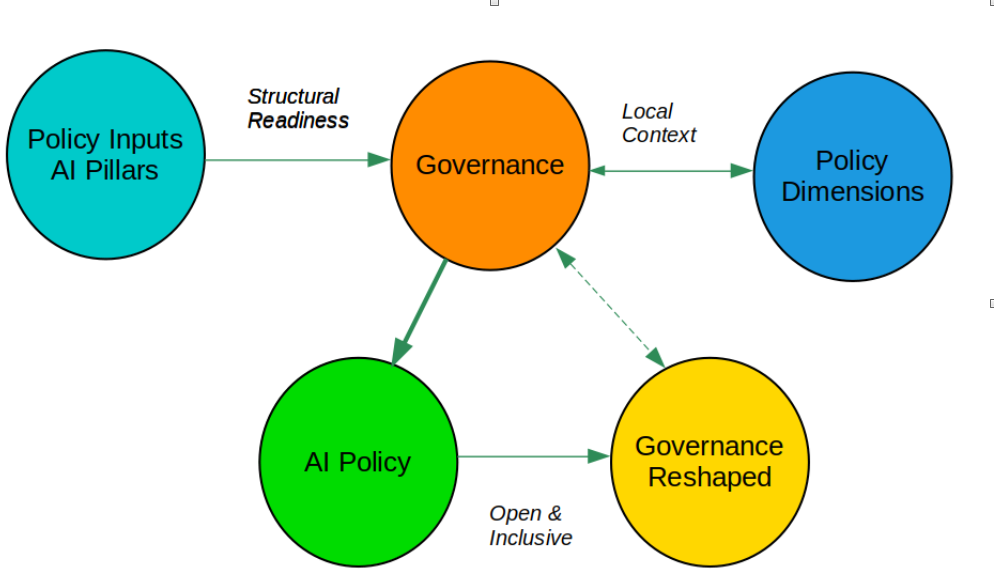
AI National Policies – II
As mentioned in the previous post, policymakers should skip over the dominant technology-centered AI perspective and instead position AI as a multi-dimensional structure cutting across all sectors. Indeed, national AI policy effectiveness depends, to a large extent, on the AI vision that policymakers adopt. Unfortunately, AI appears almost irrelevant for many policymakers in low-income countries,…
-
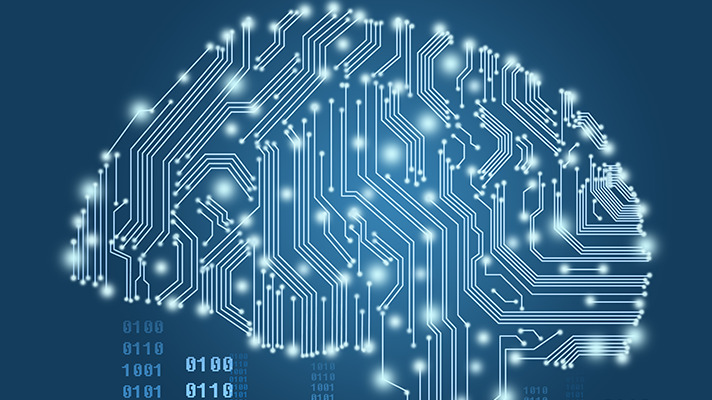
AI National Policies – I
National policy development on new digital technologies has become a staple since the emergence of the Internet in the early 1990s. It has certainly not been limited to the most advanced countries. Nations in the Global South have also climbed the same steep and now long policy slopes, albeit rarely being leaders in emerging areas.…
-
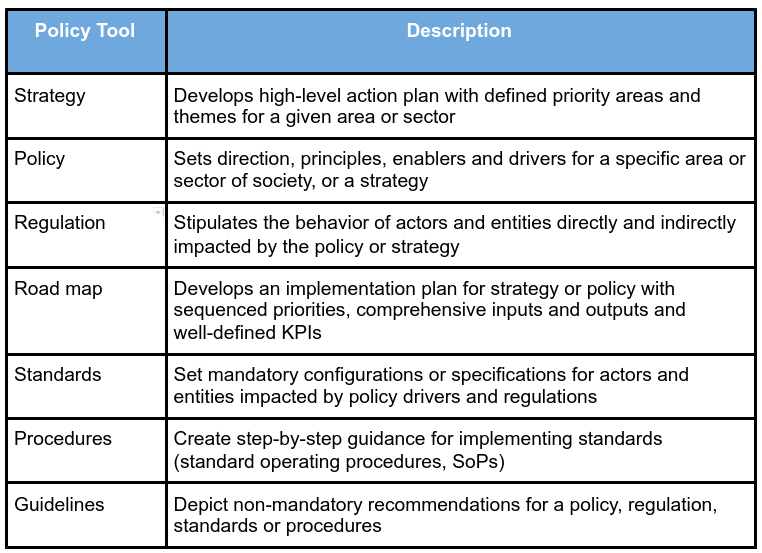
Digital Public Policy Development – II
The various policy instruments mentioned in the previous post play a critical role in the policy development process. However, providing a succinct description of each is first required. That will ensure policymakers and stakeholders are on the same page when they jointly tackle the various phases of the policy cycle. Bear in mind that I…
-
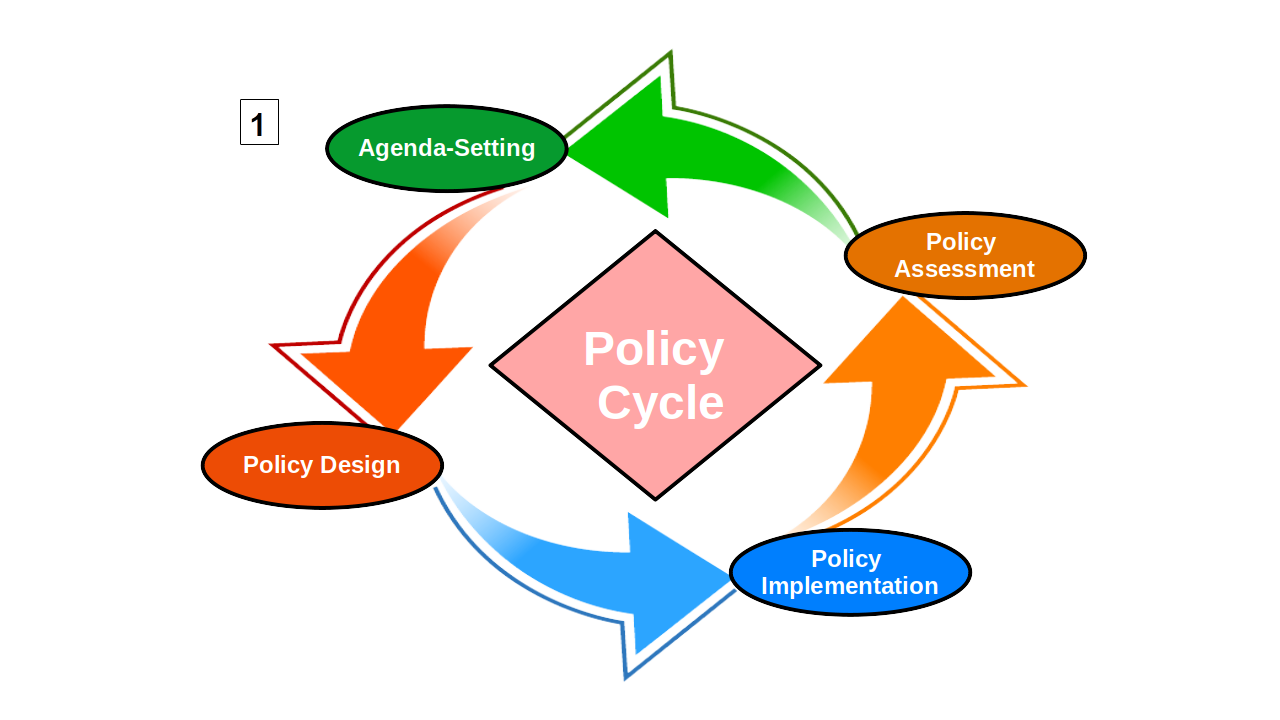
Digital Public Policy Development – I
Unexpectedly, the ongoing pandemic has enshrined national states as the indisputable leader in pushing back the deadly SARS-CoV-2 pathogen. It now seems evident that no other sector in society is better positioned to effectively confront the virus that needs no passport to freely travel around the globe. Indeed, state action has thus been swift most…
-

AI Topography
For the last 30 years, the seemingly endless number of so-called technology revolutions invading our expansive yet decaying landscape has been accompanied by a proliferation of wide-ranging publications, usually playing catch-up while trying to predict the future on the spot. That has certainly been the case since the official birth of the Internet. In the…
-

Waiting for yet another Industrial Revolution
The PC revolution. The Internet revolution. The mobile revolution. The social media revolution. The blockchain revolution. And the AI re-revolution. We seem to be living in times of Permanent Revolution. Also reminds me of the Age of Revolution that thrived a couple of centuries ago. Back then, social uprising calling for regime change was the…
-

CryptoPopulism
Undoubtedly, cryptocurrencies have gained substantial territory since their inception over a decade ago, Bitcoin leading the charge. What began as a brilliant albeit complex innovation seemingly open only to techies and geeks is now going mainstream, at least in media coverage. Universal use as actual money, however, is still a pipe dream. Bitcoin and the…
-

AI Nationalism?
Globalization seemingly inexorable world conquest, kick-started during the last quarter of the 20th Century, found an unexpected ally in the unpredictable fall of the Berlin Wall. While pundits sitting in the right-side section of the human theater saw the latter as the natural result of the indisputable supremacy and triumph of Global Capitalism, no one…
-
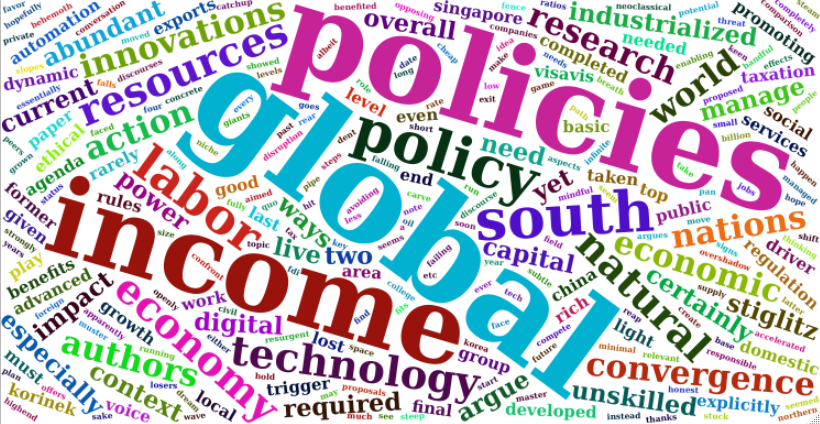
AI and Development Policies
Strongly supported by behemoth tech companies, the “ethical and responsible” AI discourse has almost completely overshadowed the relevant conversation on the potential socio-economic impact the resurgent technology might have in developing countries. While such discourse’s subtle agenda, apparently now failing, is essentially aimed at avoiding any government regulation by promoting “AI for good,” research on…
-
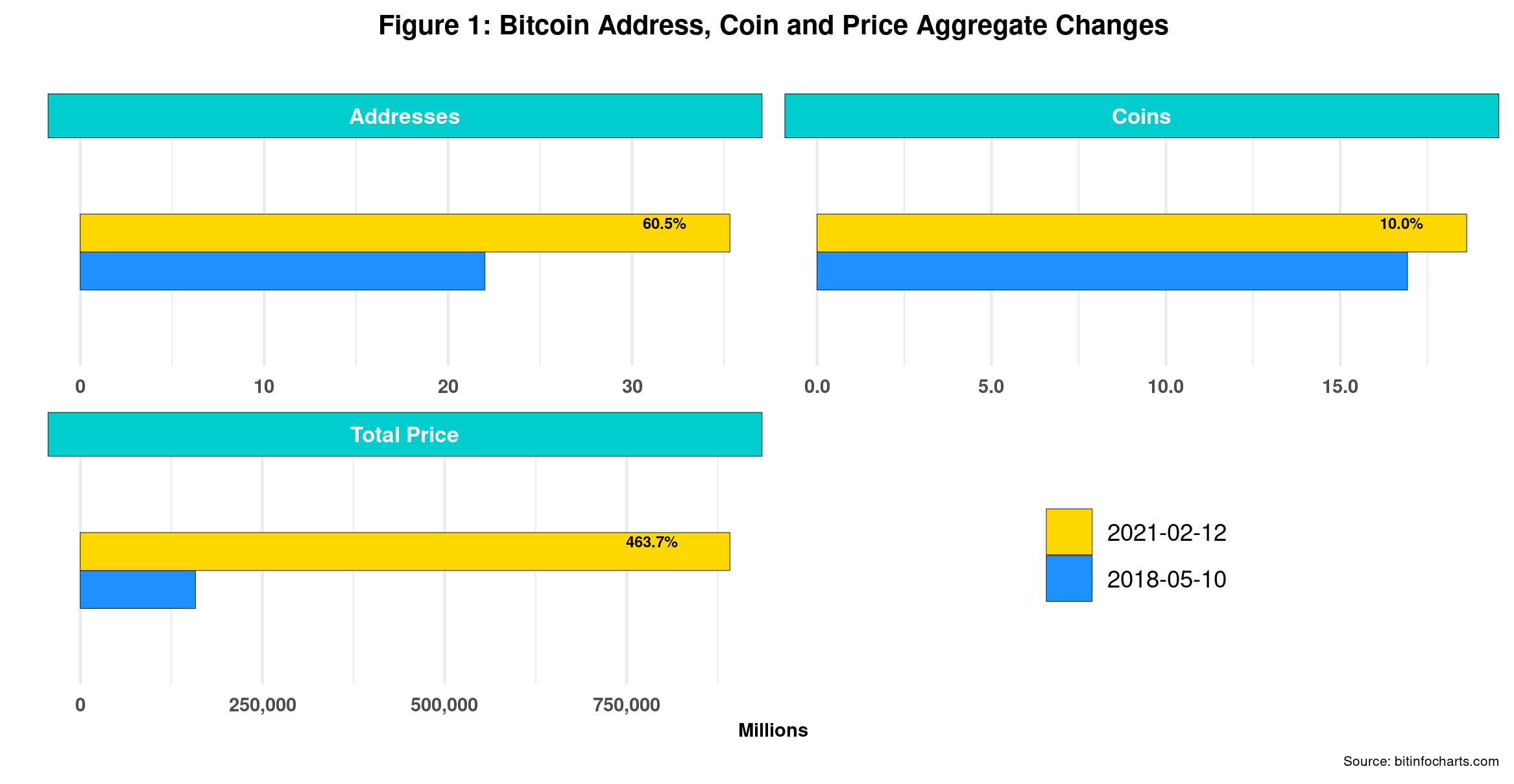
Bitcoin Inequality Revisited
The Bitcoin bulls are back in full strength, driving the price of the cryptocurrency to unprecedented heights. The digital currency is now approaching 50k. Nevertheless, pundits and fundamentalist supporters still see the sky as the only possible limit. Go figure. One thing is certain: Bitcoin is now entering the mainstream financialization push that has been…
-
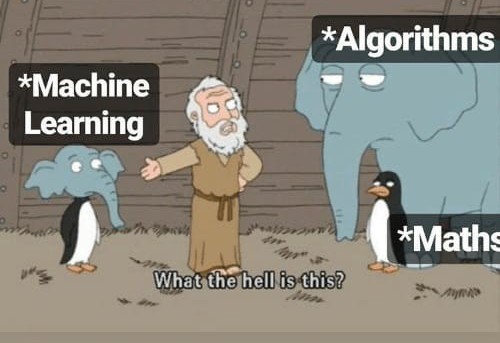
Greater “AI for Good”
The proliferation of top, best, fails and prediction posts on almost any topic is now a staple of the annual transition from one year to the next. As the new year starts seeing the light of day, we seem compelled to take stock of the previous 365.25 days and poke more in-depth into the short…
-
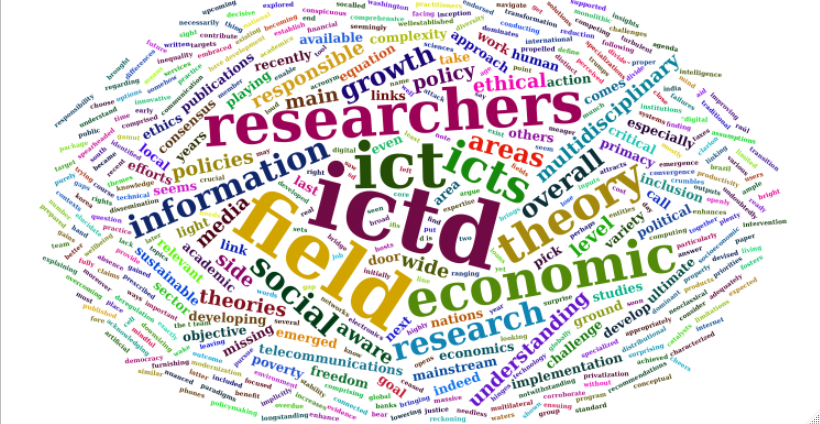
A Few Reflections on ICTD
As a multi-disciplinary field, ICTD research hosts a wide variety of knowledge and expertise initially developed in other academic areas, ranging from specialized information theory to broad economic development. That should not be a surprise as ICTs emerged from the convergence of telecommunications, electronics and computing, and information dissemination. Looking at the left side of…
-
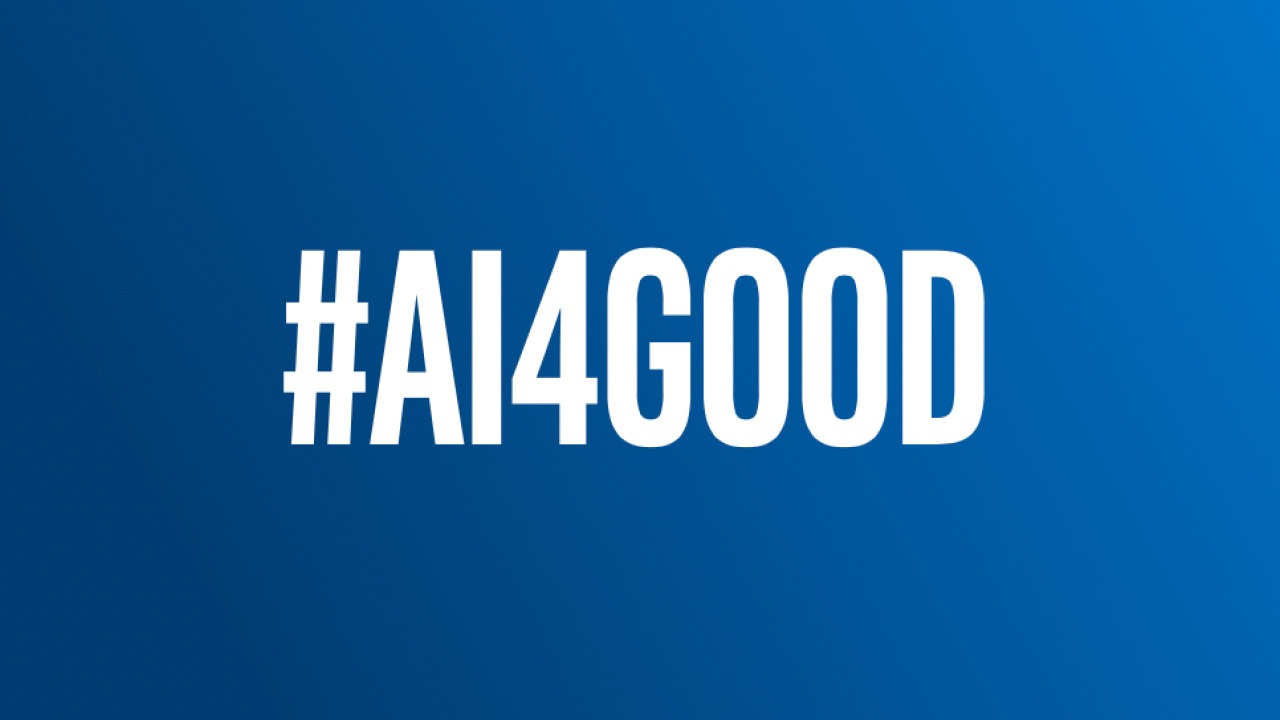
Better “AI for Good”
While the dystopian camp perceives digital technologies as a formidable, perhaps even unsurmountable threat to society, those on the other, much more optimistic side do not seem to get tired of repeating its almost countless benefits. The latter camp apparently has the upper hand, at least for now, as its message captures most daily media…
-
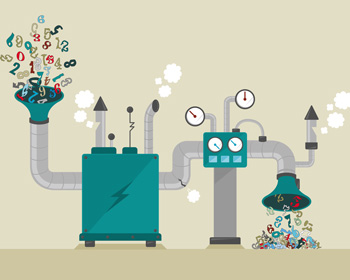
Ethics in Ethical AI
Garbage in, garbage out (GIGO) is one of the oldest computer programming commandments. It was first coined in the same decade as AI, the 1950s, thus suggesting the connection between the two goes back to their birth dates. GIGO is particularly relevant to programs that take data – text and graphics included – as primary…